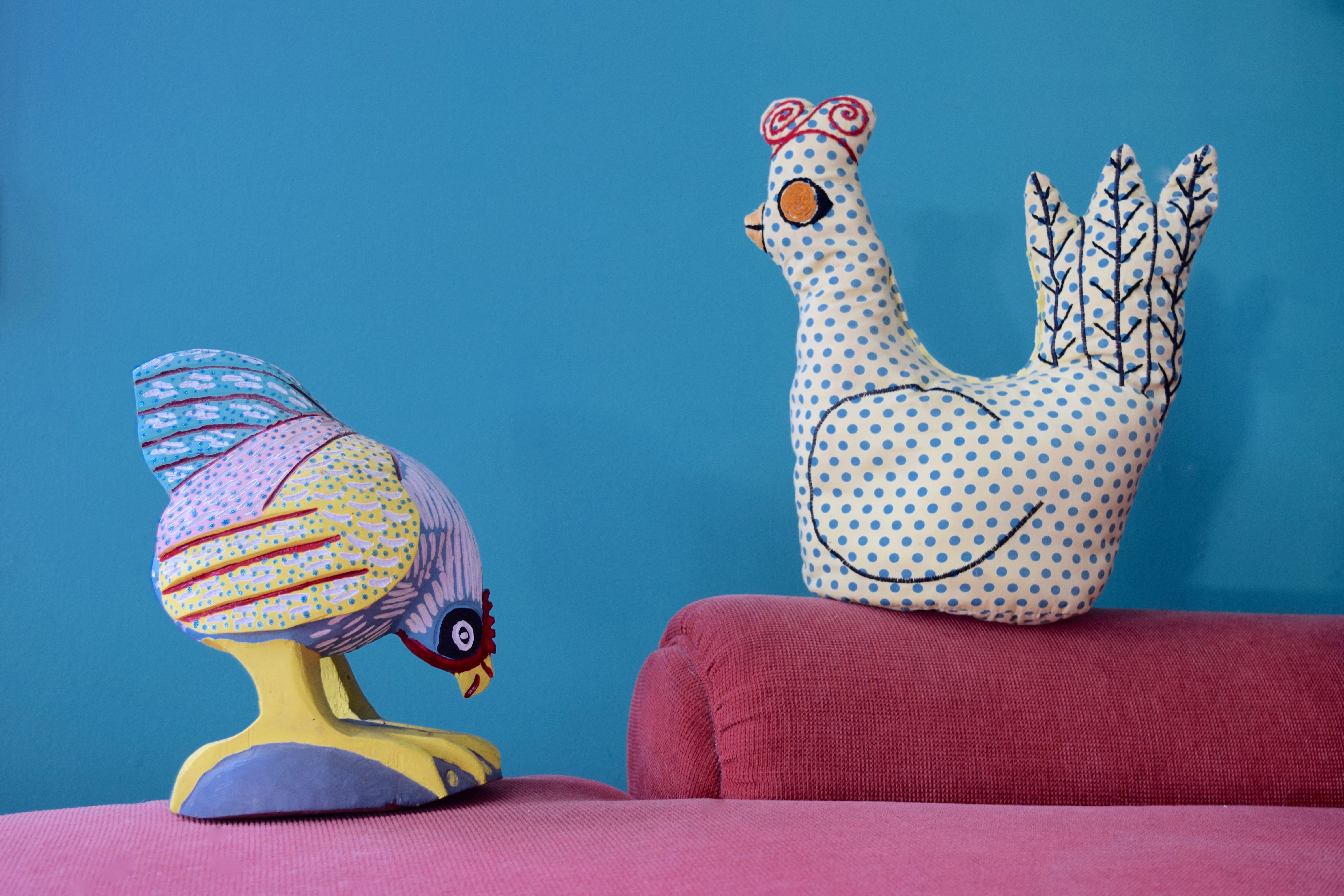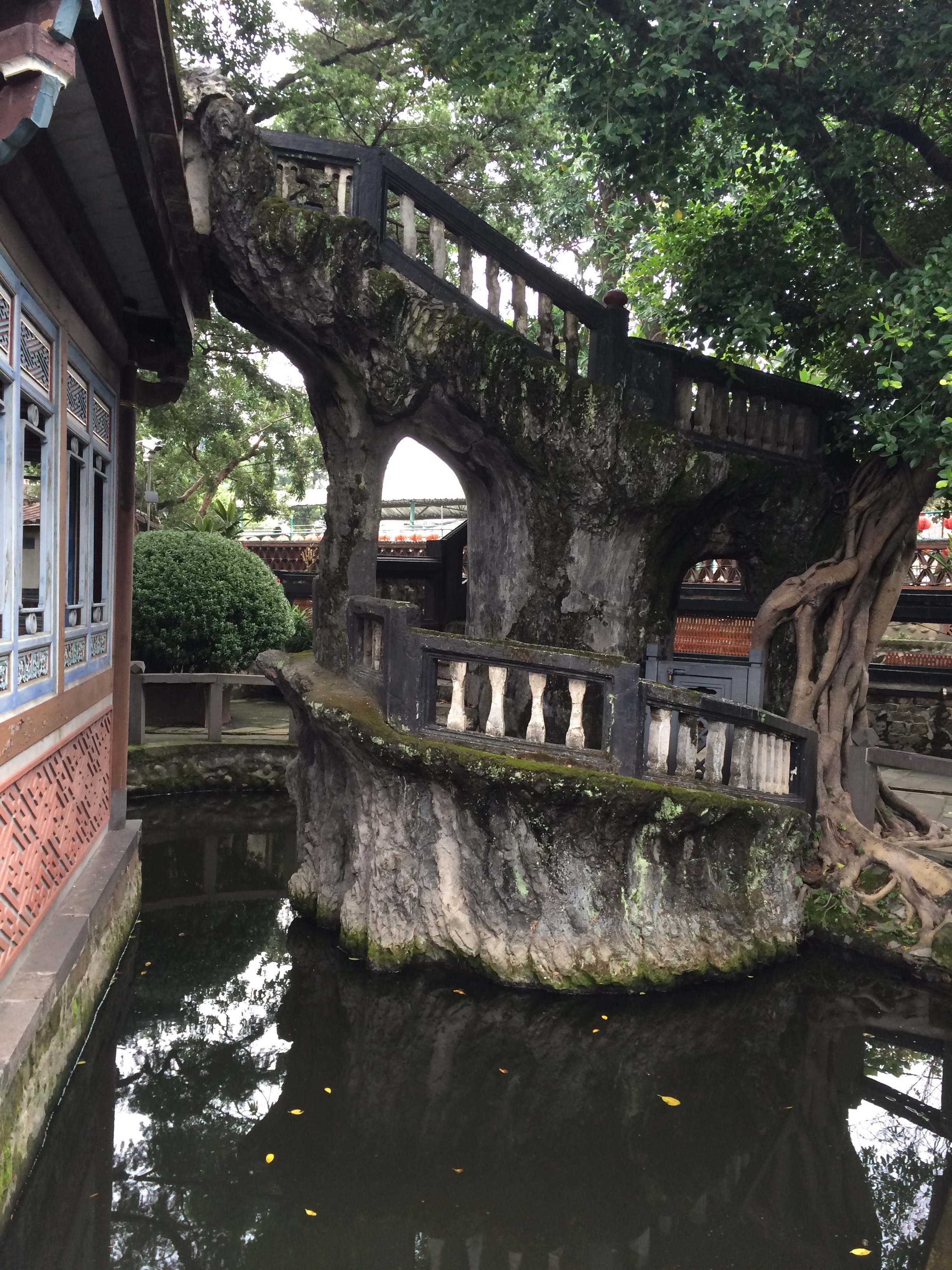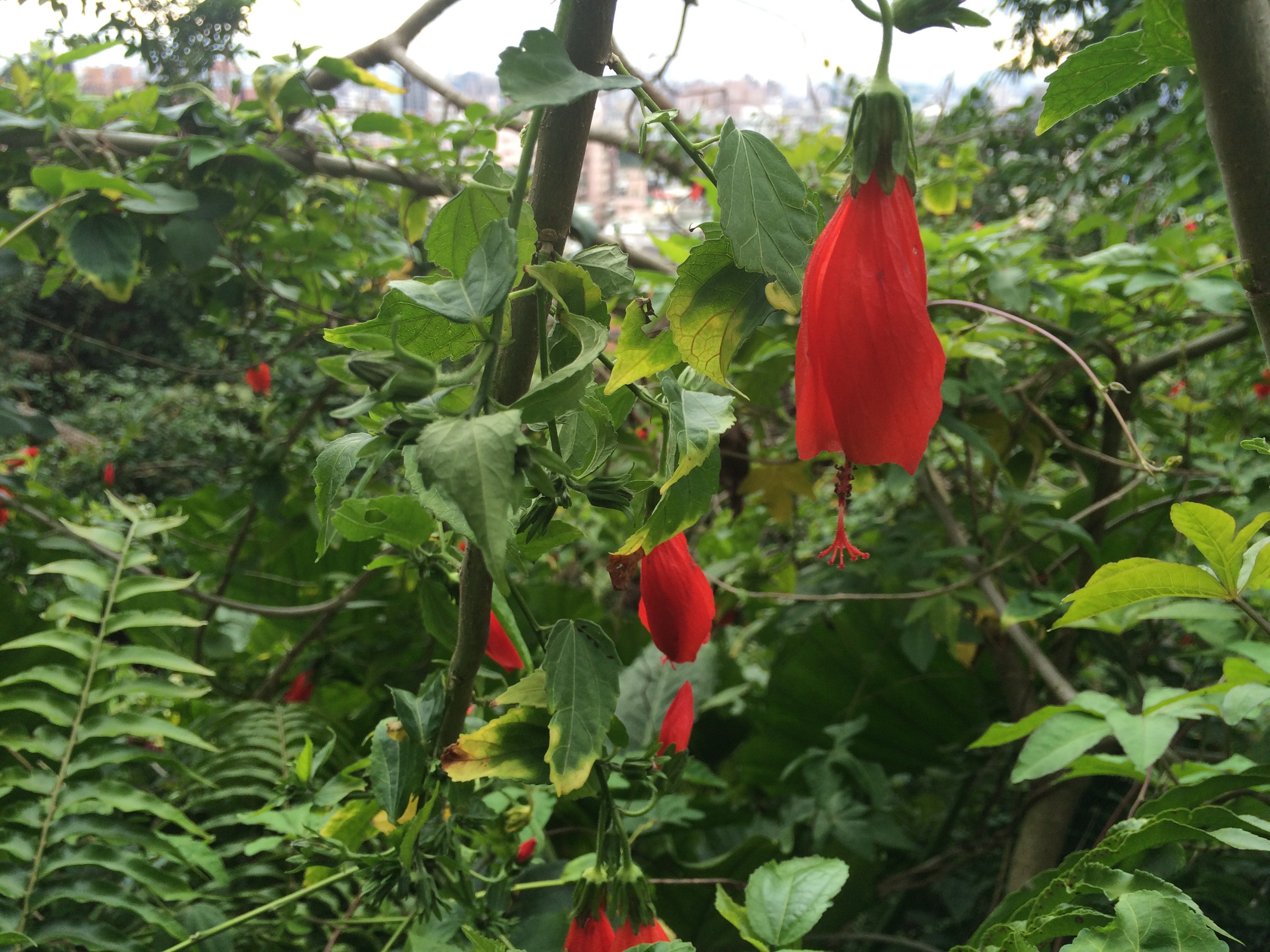This week’s Taiwan Collection blog is all about kowtowing. Many of you may have familiarity with this word, but you may not know that it is in fact a loanword from Chinese. This comes from the Chinese word ketou or koutou, which refers to the act of kneeling in front of someone and touching your forehead to the ground. This form of etiquette was traditionally used to show respect by an inferior to a superior (such as a political or religious leader, or one’s elders). You can think of it as the next level up from a bow.

In English we use this word to refer to excessive acts of subordination or self-abasement. The symbolism of the word then becomes more about worshipping a structure of hierarchy than giving another person the respect that is due to them. When this concept appears in the definitions for the Taiwan Collection, it is most often referring to ideas within ourselves that we pay undue respect to. This form of kowtowing is often at the detriment to our spiritual awakening and self-actualization.This is because these ideas of the mind are informed by societal constructs that distort the truth, ultimately preventing us from experiencing the unbounded love of all as One. When we kowtow to these ideas, we respect them over our own intuition and guidance. We become so bound by our unjustified deference for these ideas, that we become estranged from the path that has been laid out for us.

As someone who has studied Chinese for many years, I want to emphasize that this is not meant as a critique of Chinese culture or customs. While this word is culturally loaded, the Flower Essences from this collection are not particularly concerned with our divisive concepts of culture. The key concept here is that kowtowing is a symbol of hierarchy.
I believe one thing that the Flowers know, which we would do well to understand, is that hierarchy is a vice of humankind. To push this thought even further, hierarchy is perhaps the vice that is at the root of all of humankind’s other misgivings. Is hierarchy not ultimately the source of all violence, oppression, and selfishness? To use Gloria Steinem’s famous words, these essences push us to “imagine we are linked, not ranked.”

They work to break down outdated patterns of hierarchy that we have internalized, pushing us further towards the reality of unity that underlies all else.

The idea of an act of prostration, of showing selfless respect, is not inherently bad. In fact, I often feel like giving a deep bow that touches my forehead to the ground before the Flowers for all of their twinkling beauty and for all of the gifts that they so willingly share with us. But this act comes completely from a place of love and only ever makes us feel loved, never humiliated or unworthy. Within the corrosive constructs of hierarchy, kowtowing becomes a shackle that would prevent us from realizing our preordained place in the Universe, and the truths of Love and Unity within that Universe.
Until next time,
Sarah
Here is a sampling of some of the Flower Essences from the collection, and the types of kowtowing they help us to dismantle:
Allamanda from Taiwan – End kowtowing to fear
Beggar’s Tick – End kowtowing to the expectations and dictates of others
Bleeding Heart Vine – End kowtowing to constrictions and limits
Bo He – End kowtowing to elders
Butterfly Ginger Lily – End kowtowing to the intellectual, procedural, and the serious or heavy
Calliandra from Taiwan – End kowtowing to past tragedies
Closed Blossom Melastoma – End kowtowing to ownership and territorialism
Scarlet Pineapple Sage – End kowtowing to earlier versions of the self
Sky Flower – End kowtowing to inequality and domination
Spanish Shawl – End kowtowing to technology










